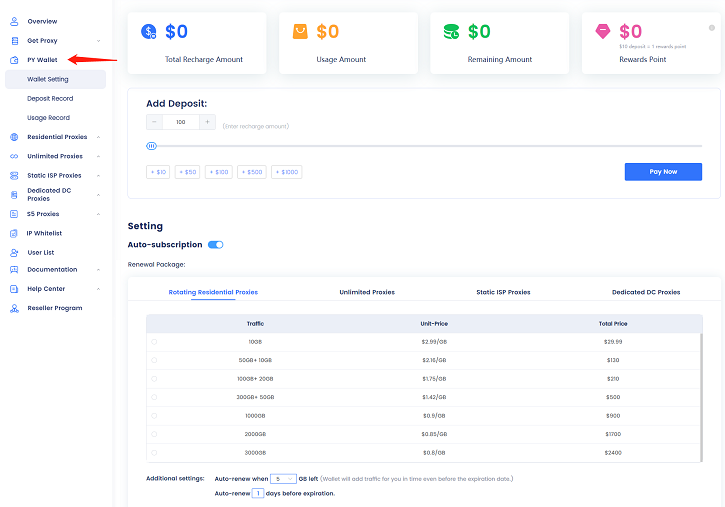Unlock the Secret to Better Browsing: Anonymous Proxy vs VPN – Which is Better?
VPNs and proxy servers are excellent tools for protecting user identities and securely accessing content. These two services are often used interchangeably because they can fulfill their respective roles. However, one protects privacy, and the other does not. Anonymous Proxy vs. VPN – what’s the difference? To get more news about how to change ur ip address, you can visit pyproxy.com official website.
A proxy server works well as a mediator between the websites you visit and your device. Here’s how:

Traffic passes through an intermediary, a remote computer that connects to the host server.
A web proxy server hides your original IP address and allows websites to see the IP of the proxy (sometimes, other proxy users’ computers are used for this purpose).
However, proxies only work at the application level. Only traffic from the single app you used to configure your proxy will be redirected. Also, the traffic is not encrypted.
There are three main kinds of proxy servers:
HTTP proxy. These apply to the website only. Setting up an HTTP proxy server in your browser will redirect all your browsing traffic through that server.
SOCKS proxy. These proxies are well not limited to web traffic but work only at the application layer. They can handle all kinds of traffic. But tend to be slower than HTTP proxies because they are common and often heavily loaded.
A VPN, or Virtual Private Network, is a technology that allows you to create a secure and encrypted connection over a less secure network. It provides privacy and security by creating a private network from a public internet connection.
What makes VPN special?
Conceals IP address: Similar to a proxy, a VPN reroutes your Internet traffic through a remote server, making websites aware of your original IP and location. It conceals your IP address so it cannot be accessed. However, this works at the operating system level. This means that all traffic is redirected, whether it comes from a browser or a background app.
Which one is better?
Well, it all depends on your needs. VPN is a good option if you look or seek for maximum security, encryption, and the ability to bypass restrictions. At the same time, a proxy is also good if you only look for anonymity. Ultimately, it’s well a matter of personal preference and the battle you choose to fight in the vast digital landscape.
What are the potent drawbacks of using a proxy and a VPN?
All right then, let’s talk about the not-so-fun side of proxies and VPNs. While they can be super handy for keeping your online activities under wraps, there are a few drawbacks you should be aware of.
Compatibility issues
Let’s remember compatibility issues. Some websites and online services are wise to our sneaky proxy and VPN ways and may try to block or restrict our access. They say, “Hey, no hiding behind those virtual walls!” So, you might encounter a few virtual roadblocks and be unable to access certain sites.
Privacy concerns
We can only talk about proxies and VPNs by mentioning privacy concerns. Some free or sketchy services are logging your every move, which is not cool. So, doing your homework and finding a reputable provider that values your privacy is important.